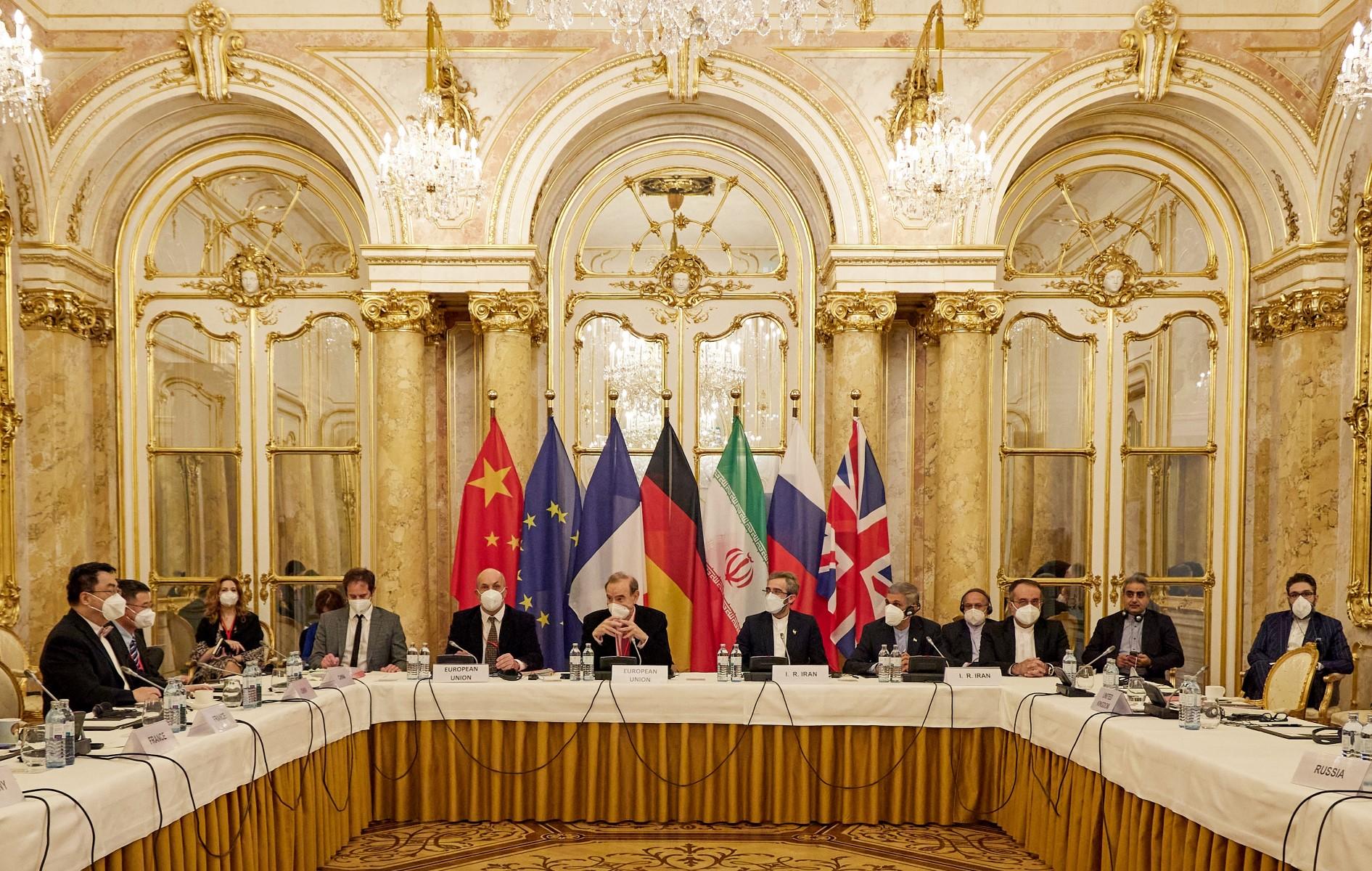‘Decisive’ moment nears as West says weeks left to salvage Iran nuclear deal
Diplomats and analysts say the longer Iran remains outside the deal, the more nuclear expertise it gains, shortening the time it might need to build a bomb if it chose to, thereby undermining the accord's original purpose.
Just In
The US and its European allies said on Thursday that it was now just a matter of weeks to salvage the 2015 nuclear deal after a round of talks in which a French diplomatic source said there had been no progress on the core issues.
Indirect talks between Iran and the US on reviving the nuclear deal resumed almost two months ago.
Western diplomats have previously indicated they were hoping to have a breakthrough over the next few weeks, but sharp differences remain with the toughest issues still unresolved. Iran has rejected any deadline imposed by Western powers.
Diplomats and analysts say the longer Iran remains outside the deal, the more nuclear expertise it will gain, shortening the time it might need to race to build a bomb if it chose to, thereby undermining the accord’s original purpose. Tehran denies it has ever sought to develop nuclear arms.
“We are indeed at a decisive moment,” US Secretary of State Antony Blinken told a news conference after meeting French, German and British ministers in Berlin.
“There is real urgency and it’s really now a matter of weeks, where we determine whether or not we can return to mutual compliance with the agreement.”
President Joe Biden said on Wednesday that it was not time to give up because some progress was being made.
The current round of talks resumed on Dec 27 after adding some new Iranian demands to a working text.
Western states have repeatedly said that time was running out without setting a deadline for the end of talks. Germany’s Foreign Minister Annalena Baerbock again said the window of opportunity was closing.
“The negotiations have now entered a decisive phase. We need to make very, very urgent progress here, otherwise we will not be able to reach an agreement together that will bring sufficient added value to the central issue of non-proliferation,” she said.
Highlighting the urgency, a French diplomatic source briefing reporters after the Berlin meeting said the progress had been limited.
“There is partial, timid and slow progress on the subjects which are not the subjects at the heart of the negotiation which we know are the most important,” the source said. “We will not be able to do it (return to the deal) if Iran continues on this trajectory at nuclear level and if the negotiation proceeds in the same way.”
Iran refuses to directly meet US officials, meaning that other parties – Britain, China, France, Germany and Russia – must shuttle between the two sides.
The source would not set a deadline, but said the current trend was untenable.
“It seems necessary to us to change approach. I think that the month of February will be absolutely decisive. We are not going to continue like this in Vienna on the current trajectories in March, April, May etc.”
Little remains of that deal, which lifted sanctions against Tehran in exchange for restrictions on its nuclear activities. Then-President Donald Trump pulled Washington out of it in 2018, reimposing US sanctions, and Iran later breached many of the deal’s nuclear restrictions and kept pushing well beyond them.
Subscribe to our newsletter
To be updated with all the latest news and analyses daily.
